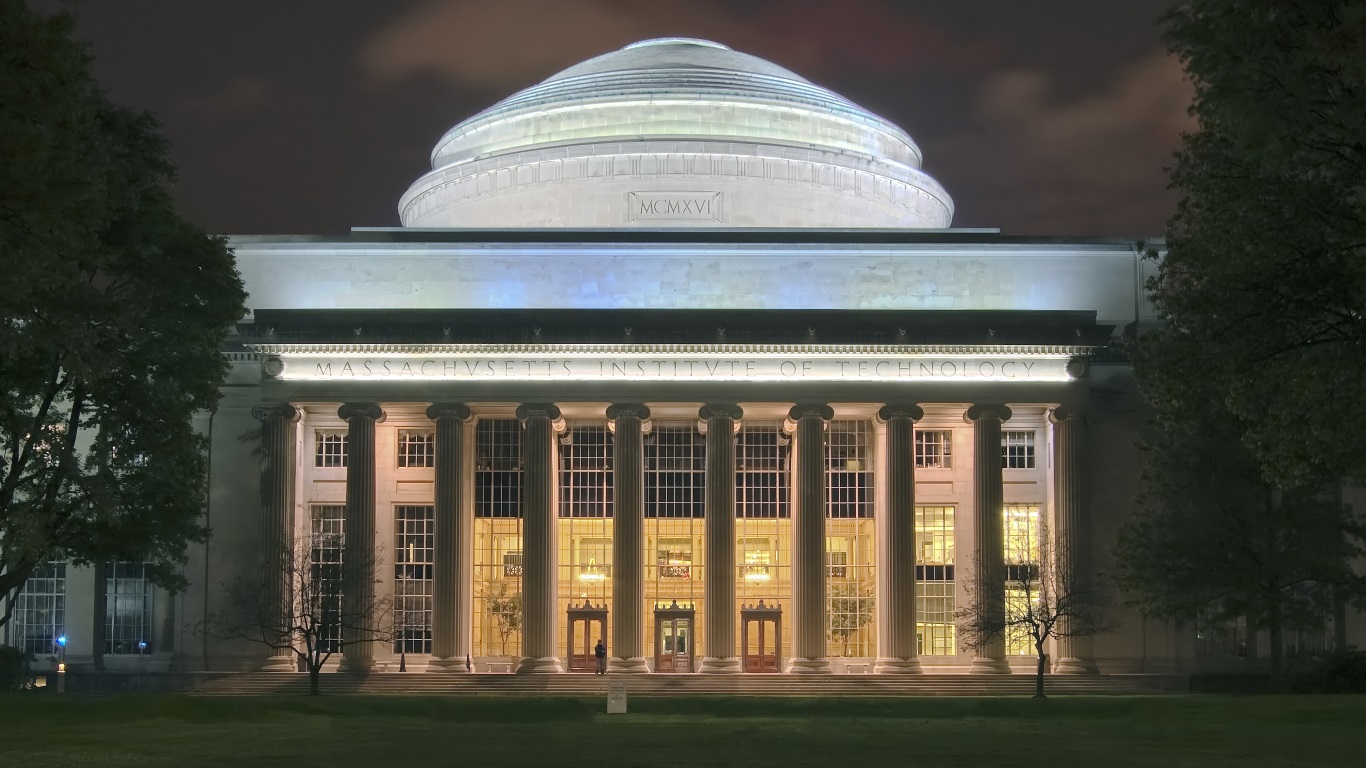 NEWS
NEWS
 NEWS
NEWS
 NEWS
NEWS
Massachusetts Institute of Technology
MIT researchers are currently working on Chisel, a system that allows programmers to reduce their energy consumption. On the occasion of the OOPSLA (Object-Oriented Programming, Systems, Languages and Applications) conference, an annual event dedicated to object-oriented programming, MIT introduced a system that allows programmers to identify sections of their code able to tolerate error-prone computation.
The system determines which program instructions can be attributed to unreliable components to maximize energy savings while meeting the accuracy requirements. Chisel also has a tool for help programmers configure the number of errors they expect their code can tolerate.
“If one percent of the pixels in an image are improperly rendered, will the user notice? How about 2 percent, or 5 percent? Chisel will simulate the execution of the image-rendering algorithm on unreliable hardware as many times as the programmer requests, with as many different error rates. That takes the guesswork out determining accuracy requirements,” said MIT researchers.
The software scans the program to extract individual functions that require high computing power. This report is then presented to the programmer. The programmer then can decide which functions are really important. Also, before the programs start, programmers can choose the margin of error they tolerate for a given task, and they can see a preview of how the feature will work with the setting.
The work on Chisel is building on the Rely programming language. Rely provides the mechanism for specifying accuracy requirements. It has programming functions to indicate which particular instructions may be executed on unreliable hardware.
MIT says the researchers tested their system on a handful of common image-processing and financial-analysis algorithms, using a range of unreliable-hardware models culled from the research literature. In simulations, the resulting power savings ranged from 9 to 19 percent.
The report also noted that scientists from Rice University are developing the concept of ‘inaccurate’ chip, which is 15 times greater energy efficiency than current chips.
Support our mission to keep content open and free by engaging with theCUBE community. Join theCUBE’s Alumni Trust Network, where technology leaders connect, share intelligence and create opportunities.
Founded by tech visionaries John Furrier and Dave Vellante, SiliconANGLE Media has built a dynamic ecosystem of industry-leading digital media brands that reach 15+ million elite tech professionals. Our new proprietary theCUBE AI Video Cloud is breaking ground in audience interaction, leveraging theCUBEai.com neural network to help technology companies make data-driven decisions and stay at the forefront of industry conversations.